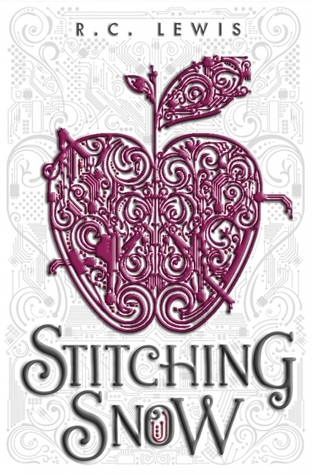4.5 stars to Color Song, by Victoria Strauss: a sumptuous historical set in 1487 Padua and Venice, rich characters (Sofia!
Bernado!) and an artist's quest that resonated with my own artist's soul. Not
that I'm a painter, but Giulia's passion for creation is universal for anyone
who loves to create things, no matter the medium. This book had me looking up Renaissance painters like Giovani Bellini (who plays a small part in the book) and revisiting my Pinterest art page with new appreciation. Here's a painting by Malcolm T. Liepke that reminded me the character, Giulia, and her passion for the perfect blue.
This story is full of beautiful
attention to detail and a living, breathing, smelly, sparkling depiction of
Venice with its canals (how easy it is to travel around by water; how nearly impossible
by foot) and its water doors. 5 stars for the setting. The convent at Padua
also felt starkly real, and the painters' workshops there and in Venice were so
well described I feel as if I could open the door and step inside.
5 stars for the premise, too. I simply loved the idea of a
color song, the way the newly mixed, still-wet paint colors would
"sing" for Giulia, each color with their own unique voice.
As a woman, Giulia's painting is frowned upon, even prohibited.
She disguises herself as a boy in order to escape the convent and apprentice
herself to a master painter in Venice. Along the way she makes an unusual
friend and ally in Sofia, a wealthy courtesan, a fascinating character. Sofia’s
insight on Giulia:
“I think perhaps I understand you better now.” Sofia tilted her head, embracing Giulia in her cool amber gaze. “Why you would leave your home and travel so very far alone to a city where you are a stranger to apprentice yourself to a master you do not know. It is your gift that demands this of you, no? Your gift demands everything of you.”
Sofia’s son, Bernardo, plays the romantic interest, but he
wasn’t as distinctive. However, because of Giulia’s disguise as a boy, her
relationship with Bernardo is based on lies and deception, that added interesting
tension to the story. In fact, the theme
of secrets vs. truth runs expertly (not too heavy-handedly) throughout the
book.
I loved all the Italian words and historical tidbits that
sang through this story like battagliole (mock battles on the bridges of Venice)
and chopines (platform women’s shoes), and all the details about Venice, "La Serenissima, the daughter of the sea," where ."the salt water ran like blood through the
body of this strange city."
Another thing I loved about the story was identifying to
Giulia’s struggles (and inspirations) as an artist, which any type of artist,
not just a painter, could identify with.
This was not the perfect work that had existed in her mind. It was only the imperfect rendering that was the best her skill could manage. Yet Giulia was not dismayed. For she knew that she would try again – and again, and again, for as long as it took to gain the experience, the judgment, the understanding to get it right. And perhaps she never would get it right. Perhaps she would never attain that flawless blue, never create that perfect image, never find the ultimate point of balance between what she could accomplish an what she could dream. Yet wasn’t that the point? To be drawn onward, ever onward, in pursuit of your deepest passion? To look back at the end fo the race and knew that you had never done less than the most you could do?
I thought Giulia’s unique gift of the color song would tie
into the plot more, but it doesn’t. My favorite genre is historical fantasy,
and the premise of the Color Song hinted at some fantasy, but I wasn’t
disappointed when the book didn’t end up going that direction, as the color
song did serve a purpose in theme of secrets and truth.
And as for the unfairness of Giulia not being able to
realize her full potential as an artist because she’s female, I felt the author
found a good balance between the realism of the time and the hope of change in
the future (nicely rounded out by the epilogue).
...beauty must also be shared. It had no value if it was hoarded, closed up inside a secret like a miser's gold inside his counting room. And suddenly she could feel it: all the beauty she would create in the years to come, all the splendor that would issue from her hand, burning in her like the light of a thousand torches, so intense that for an instant it seemed she must be consumed.
Thank you to NetGalley and Skyscape for an advanced copy of this book, which did not influence my review in any way.




















.jpg)





